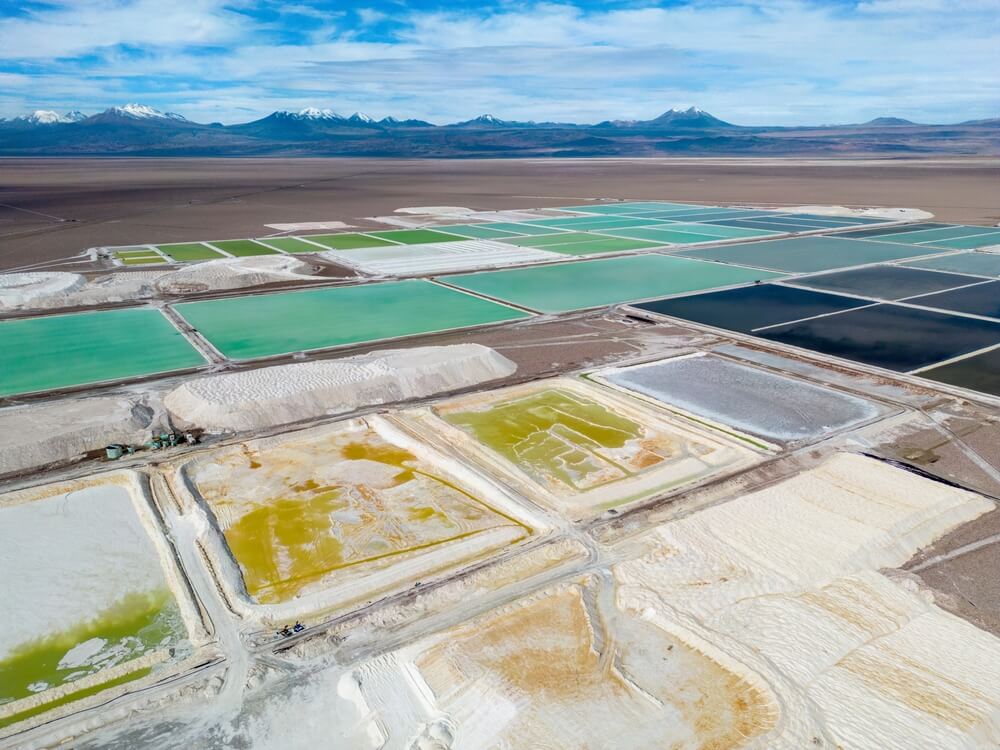
China’s Ganfeng Lithium has officially commenced operations at its Goulamina lithium mine in Mali, overcoming security concerns, a stringent new mining code, and a global lithium supply glut. Located in the southern Bougouni region, the mine’s first phase began production in mid-December 2024, with an annual capacity of 506,000 tonnes of lithium. The second phase aims to double capacity to 1 million tonnes.
Goulamina is one of the world’s largest lithium deposits, with an estimated operational lifespan of more than 23 years and the potential to produce 15.6 million tonnes of spodumene concentrate. Lithium, a critical component in batteries for electric vehicles and electronics, remains a key resource in the global green energy transition.
Mali’s transitional President Assimi Goita hailed the project as a “significant step forward” for the nation’s natural resource exploitation, emphasizing the “strategic and sincere” partnership with China. Chinese Ambassador Chen Zhihong highlighted the project as a “new example of win-win cooperation.”
In May, Ganfeng acquired a 40% stake in the Goulamina mine from Australia’s Leo Lithium, which cited Mali’s new mining code as a key factor in its decision to exit. The code, introduced in 2023, grants the Malian government a 10% free carry stake and the option to purchase an additional 25% stake. Recently, Mali announced plans to secure a 35% total stake, leaving Ganfeng with a 65% indirect holding.
Industry experts underline the importance of Chinese investment in African mining. Adam Megginson, a senior analyst at Benchmark Mineral Intelligence, noted that Chinese involvement often includes comprehensive knowledge, workers, and equipment, giving them an advantage over Western competitors. This integration with an established downstream supply chain bolsters China’s leadership in critical minerals development.
However, challenges remain. Chris Berry, president of House Mountain Partners, observed that only Chinese companies appear willing to accept the risks associated with African investments, including potential asset expropriation. Megginson added that while Mali’s citizens should benefit from its mineral wealth, it is crucial to honor contracts irrespective of government changes.
China’s dominance in African lithium mining is evident through other projects, such as Hainan Mining’s 51% stake in the Bougouni Lithium Project and significant investments in Zimbabwe. Despite concerns about oversupply, the Goulamina project positions Mali as a key player in the global lithium market, with Benchmark forecasting a relative market equilibrium by 2025.



